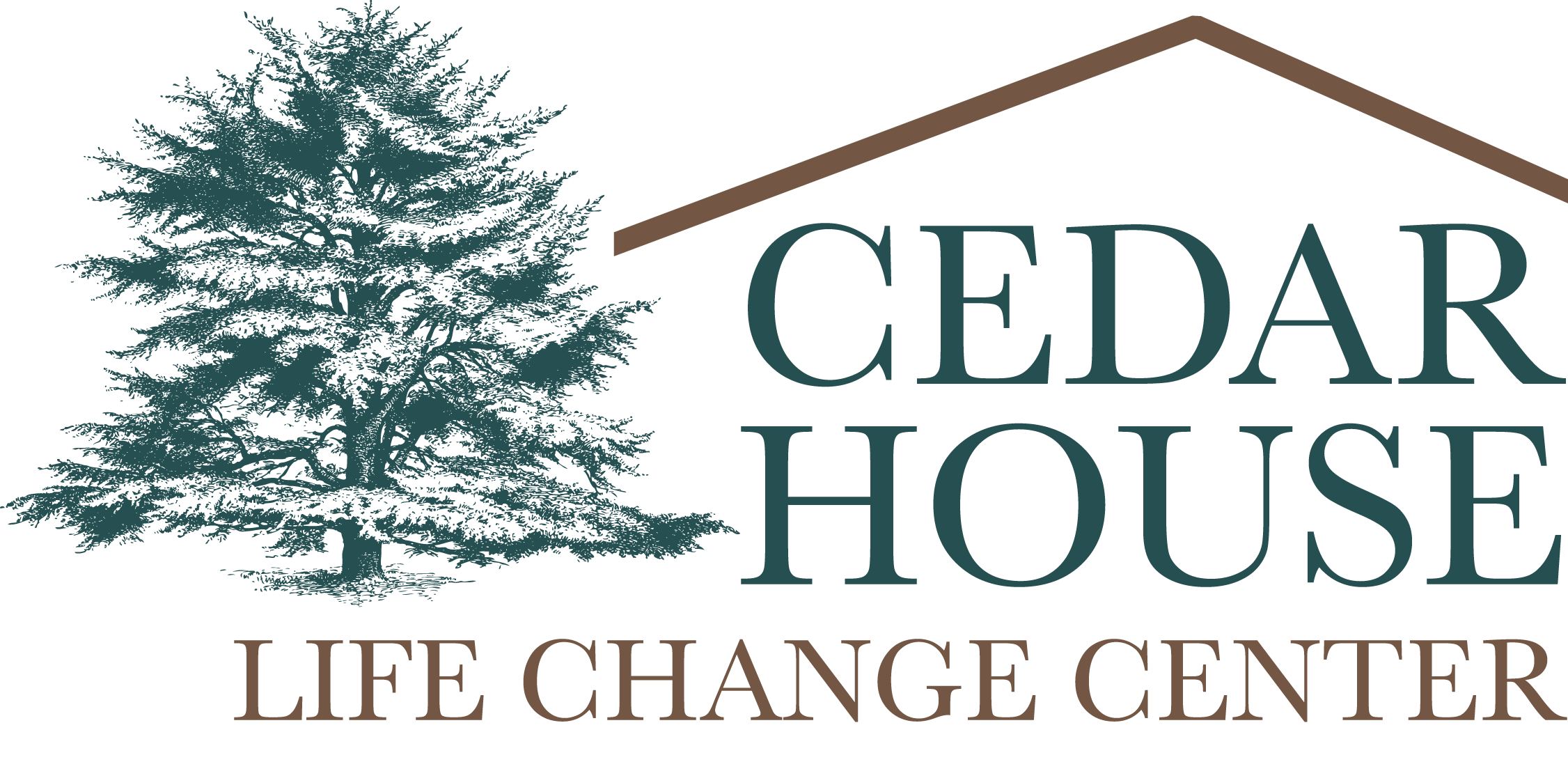When your loved one enters addiction treatment, you’re filled with a unique combination of emotions from relief to uncertainty. In times like these, you can find comfort in knowing you are doing all you can to encourage them. Here are five ways Cedar House’s Clinical Director Kathleen Smith recommends you can support your loved one while he or she begins the recovery journey:
- Educate yourself about addiction
Addiction is a complex disease. If your loved one is struggling with substance use or co-occurring disorders, one of the most important steps you can take is educating yourself about their condition. To discover prolific research about a variety of health topics that can help you learn about their diagnosis and try to gain a better understanding of what your loved one may be thinking or feeling, visit the websites: https://www.samhsa.gov/ and https://www.nimh.nih.gov/. In doing so, you’ll find that instead of being emotionally reactive or judgmental, you can take a more empathetic and thoughtful approach to supporting your loved one as they go through treatment. The more education you have the better you can help them succeed in recovery.
- Listen to understand
The most vital skill for you to hone while your loved one is in treatment is listening. Whether you’ve been through treatment yourself, or have no experience with addiction, this is essential. Every situation is unique. Your loved one may be starting to develop a clearer picture of his/her disease and want to share these developments with you. If that is the case, be sure to listen with the intent to understand what they are going through versus listening to respond or react. This is an important distinction. Even though there may be continued conflict, your best move to begin repairing that relationship is to simply stop and listen.
- Attend family group sessions
Family group sessions are an excellent tool for supporting your loved one and mending relationships. For clients whose relationship is not so volatile, we strongly encourage families to take advantage of this opportunity. The essence of family group is the power of learning together. You’ll uncover not only a better understanding of your loved one’s addiction, but also techniques that will be useful as you move forward together in recovery. In these bi-weekly evening sessions, we cover a variety of topics, including family roles and boundary setting for when clients are ready to return home.
- Take care of yourself
Remember to take care of yourself. Management of your own behavior and boundaries is critical in your loved one’s early stages of recovery. While it’s key to learn that you can’t control how someone else will behave or react, you can take the important step of working on issues you may have to be sure you’re ready to be supportive. If you find that you are not ready, seek out individual counseling of your own while your family is getting counseling in their treatment program. Attending meetings and support groups like the ones found on these websites, Al-Anon and Nar-Anon, can help you to process your own trauma and reaction to addiction. Do not underestimate the importance of self-care.
- Commit to consistency
Addiction is notably inconsistent. To counteract that challenge, prioritize consistent communication with your loved one. Schedule time to talk about how they are progressing. Make a commitment to call a few times a week or every day to check in for 10-15 minutes. This will give you an opportunity to hear about their day and learn more about their recovery, while also giving them another outlet for sharing. Following through with that commitment to practice communication in small doses is an instrumental part of their behavioral change. If possible, try to attend visiting hours when you can. Showing up in person to practice that interpersonal communication will make a significant difference in your relationship going forward.
Your efforts to support your family while they’re in treatment are integral to their success. By learning about addiction, listening to their needs, attending group sessions, practicing self-care, and committing to providing consistent communication, you are giving love and support in a meaningful way as they begin their new life in recovery.

